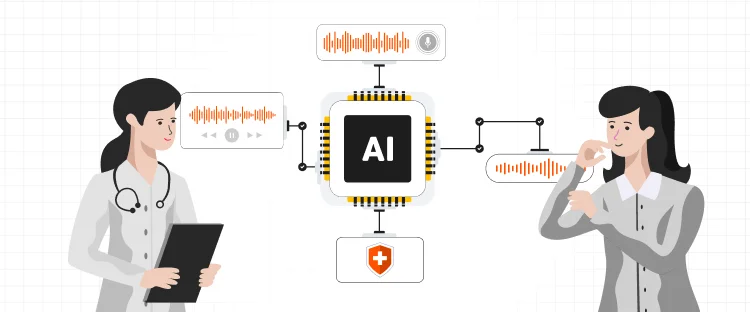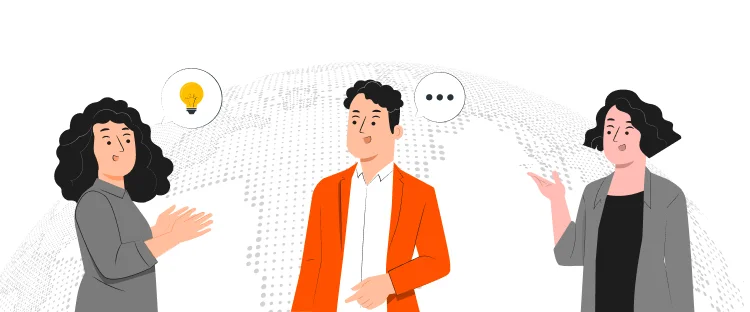It takes time and dedication to learn a foreign language. No matter you don’t know any foreign languages or already a translator; the following benefits may convince you to take the plunge to learn a new one.
A second language offers a strong exercise regimen for the executive control center, ultimately making it more efficient. Bilingualism can keep this center strong even as you age. As the brain works out meaning and makes full use of this new arsenal to express ideas, it sharpens your skills on reading, negotiating: and problem-solving.
When attempting to write or speak in a second language, you suddenly have to focus more on the order of words, your verb tenses, and parts of speech. You can become more aware of how they're arranged in your first language when recognizing how the foreign language sentences are arranged.
A study published last year found that learning a foreign language enhanced people's fluency, elaboration, originality: and flexibility, the four scales measured by the Torrance Test of Creative Thinking. Researchers concluded that learning a second language improved speakers' planning, cognitive flexibility: and working memory, three pillars on which creativity is built.
Since a language is a doorway to a particular culture, learning a new language enables a person to have a broader understanding of that race or culture. As a result, if you are multilingual, you have the advantage of seeing the world from different viewpoints. It’s a valuable tool in this interconnected world.
Knowledge of foreign languages may increase your chances of finding a new job, getting a promotion or a transfer overseas, or of going on foreign business trips.
It makes you come to terms with how you view the world and other cultures, and have more appreciation of your own. In the end, you come to terms with yourself, too.
As a language learner and user, you'll not only become more conscious and you can also communicate clearly and think creatively, but you'll also gain the most significant benefit of multilingualism: a broader, more global perspective.

Colorado is said to be one of the best places to do business because the business environment is very friendly
Read More
The global marketplace has become an attractive place for brands and businesses, where they strive to create a presence of
Read More
CAD, or computer-aided design and drafting (CADD), is the use of computer technology for design and design documentation. CAD software
Read More
Many global companies, foreign governments and Iranian are hoping to see an increase in investment in Iran after declaring the
Read More
Artificial intelligence has taken a big space in almost every industry. There is also a widespread acceptance that AI is
Read More
Persuasion is all about manipulating other people behavior. At first it might sound immoral but it doesn’t have to be.
Read More
Now days everyone is searching for good ideas for their company they wanted to be more creative, they wanted to
Read More
Technology has now much diverse roots in this age of development. Now it is not wrong to say, that you
Read More
Localization is the practice of altering the functional properties of a product and also its characteristics. This is easily done
Read More


Document Translation
Professional document translation by native expertsApp Localization
Get more downloads by adapting your app for different target marketsVideo Translation
Multilingual translation and subtitling servicesWebsite Localization
Adapt your website into multiple contexts for global reachSoftware Localization
Adapt your software for global usersGame Localization
Reach new players with localized gameplayMTPE
Refine AI translations for natural fluencyBusiness Translation
Professional translation for business documents and websitesDTP & File Conversion
Professional DTP and File conversion, supporting multiple file formatsProofreading
Perfect your content with expert review© Copyright 2025 MarsTranslation